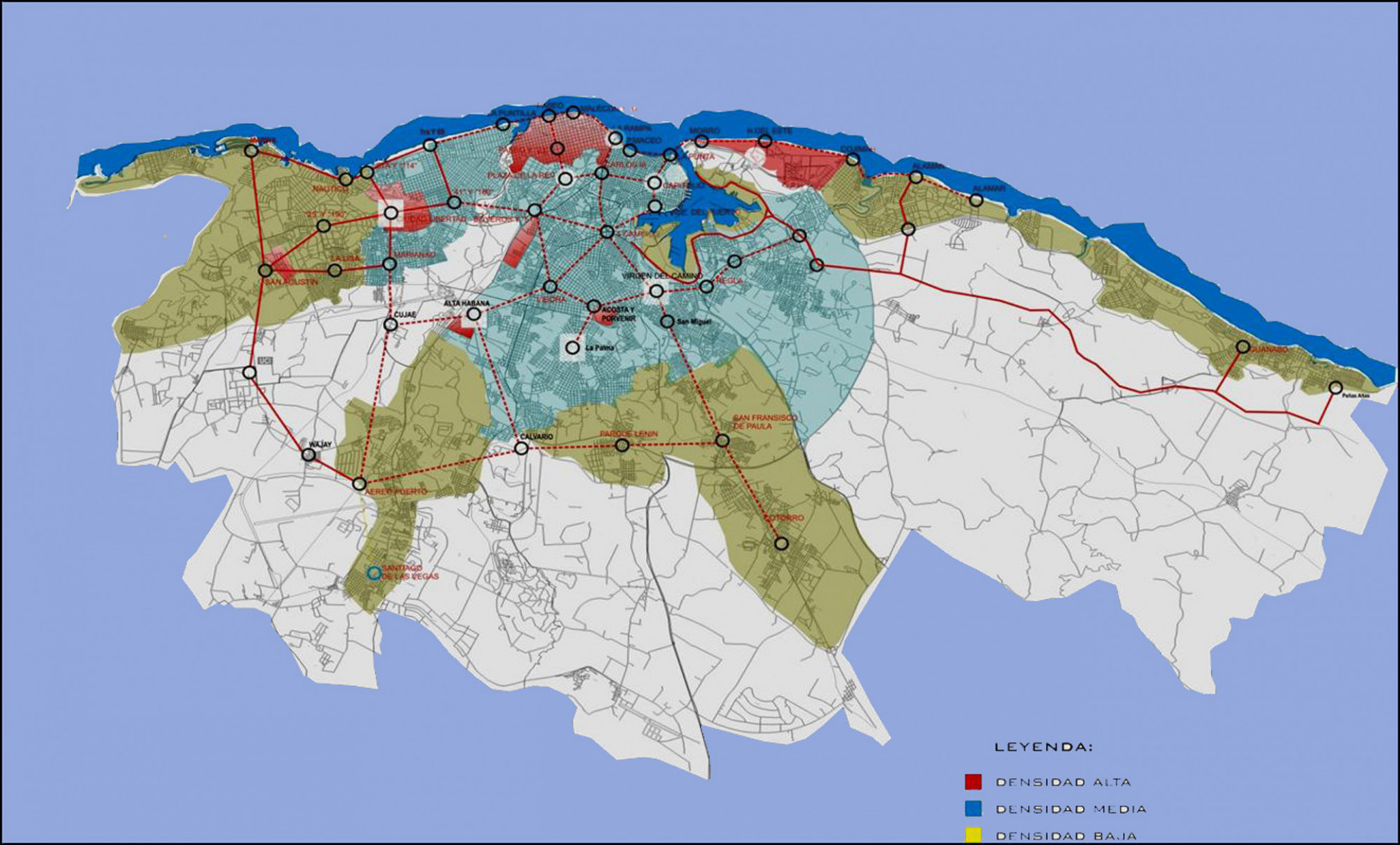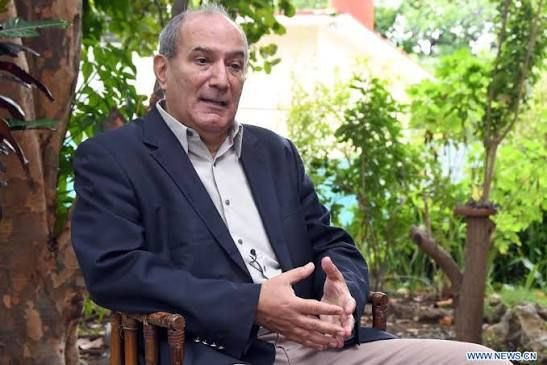Juan Carlos Albizu-Campos Espiñeira
Carmelo Mesa-Lago nos ha regalado una obra sobre Cuba que constituye una pieza única y extraordinaria en su carácter de integración del saber de los más diversos campos del conocimiento.
Durante años, el país dirigió la inversión sin dar prioridad a la recuperación del parque termoeléctrico ni a la modernización de redes, a pesar del deterioro acumulado.
Adoptar un sistema de Estado de Derecho hará que Cuba sea atractiva para los inversionistas, tanto grandes como pequeños, e impulsará su economía.
Adopting a system of “rule of law” will make Cuba attractive to investors, both large and small, and galvanize its economy.
La comparación entre Polonia y Cuba muestra que la transformación no es una elección binaria entre el mercado y el Estado, sino una cuestión de cómo se gobierna la apertura y cómo se integra institucionalmente.*
Over the past three decades, post-socialist economies have followed sharply divergent development paths, shaped less by ideology than by the institutional structuring of openness and control. This article compares Poland’s trajectory of EU-anchored integration with Cuba’s model of selective adaptation, arguing that not all forms of interdependence generate development. The comparison highlights how external ties can function either as a developmental ladder or as a structural trap.
Omar Everleny Pérez Villanueva
The recently published Cuban government program reads like a list of wishes and dreams; without taking reality into account. With this program, the country will not emerge from the deep economic crisis in which it is currently mired.
Entrevista de Mario Vizcaíno Serrat a Rolando Rodríguez
Los emprendedores cubanos encuentran que muchas exigencias son innecesarias y se convierten en trabas, y son necesarias otras que no existen. Ademas, las empresas privadas deberían formar parte del plan de la economía del país.
The new Government Program recently presented by the Cuban authorities aims to reduce inflation and the fiscal deficit, and to address monetary issues. However, it does not even mention the GAESA military conglomerate or considers its key role in the national economy.
Mediante el análisis de las condiciones actuales de La Habana, este ensayo argumenta que las intervenciones arquitectónicas y urbanas pueden promover el desarrollo económico, a la vez que salvaguardar la identidad cultural única de la ciudad.
By analyzing Havana’s existing conditions, this essay proposes how architectural and urban interventions can promote economic development while safeguarding Havana’s unique cultural identity.

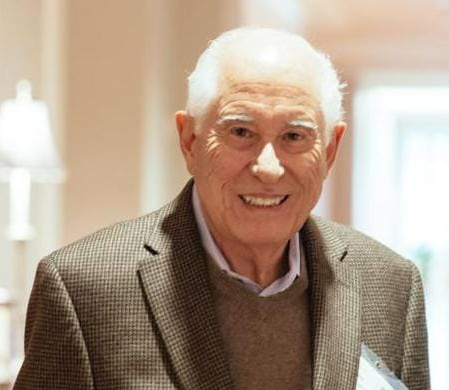
![ChatGPT. (2026, febrero 7). Bombilla agrietada con la silueta de Cuba como metáfora de la crisis energética [Imagen generada por IA]. OpenAI. https://chat.openai.com/ Ilustración conceptual de una bombilla encendida y agrietada, dentro de la cual se distingue la silueta del mapa de Cuba fracturado. La bombilla descansa sobre un suelo cuarteado y está rodeada de cables eléctricos deteriorados, con una bandera cubana desgastada en la base. La imagen simboliza la fragilidad del sistema eléctrico y la crisis energética del país.](/sites/horizontecubano.law.columbia.edu/files/styles/cu_crop/public/content/Fragilidad%20del%20sistema%20el%C3%A9ctrico.jpg?itok=vp185ZHw)


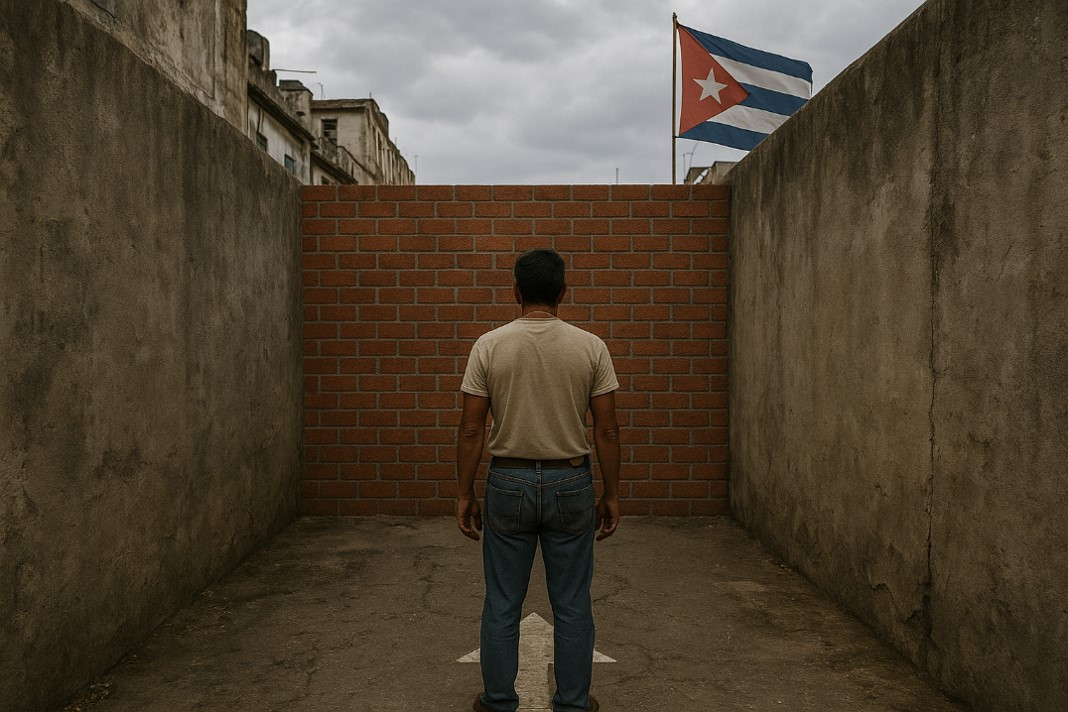
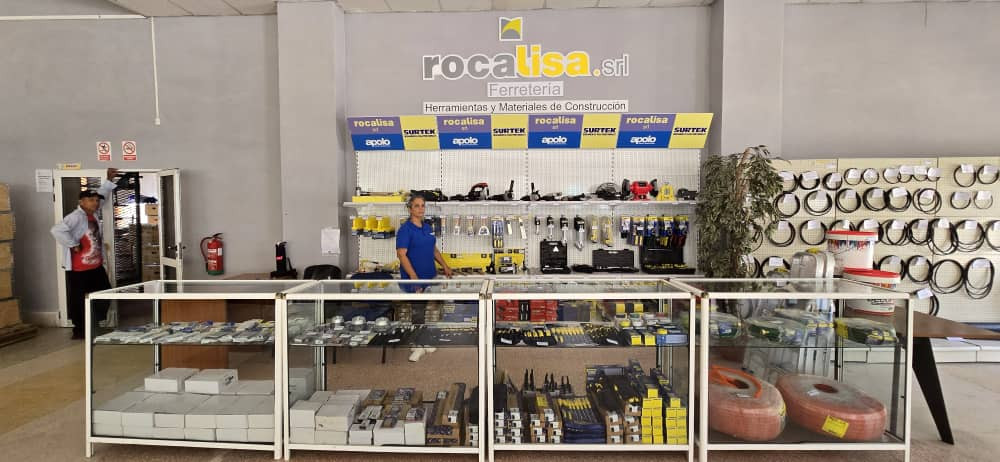
![ChatGPT. (2025, November 9). Invisible elephant emerging from the MINFAR building in the Plaza of the Revolution, a symbolic representation of power and institutional opacity in Cuba [AI-generated image]. OpenAI.] The image symbolically represents the tension between military power and institutional transparency in Cuba. The invisible elephant, of monumental dimensions, emerges silently from the MINFAR building in the Plaza of the Revolution, suggesting the scale and persistence of power structures that remain unseen in the national reality.](/sites/horizontecubano.law.columbia.edu/files/styles/cu_crop/public/content/1_2.jpg?itok=IERxAwbk)

